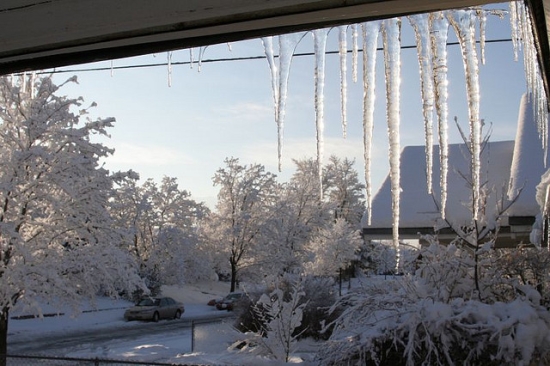Severe weather is continuing to cause chaos across the UK, disrupting transport and leaving many without power. With the freezing temperatures forecast to drag on until the bank holiday weekend, we could enter British Summertime with large areas of the country blanketed in snow.

Given the well documented problems facing the high street, this could signal bad news for shops in affected areas. During the last cold snap in January shoppers stayed at home causing a 0.6 per cent fall in sales. This was the biggest monthly decline since 2011 dashing hopes of a New Year boost for retailers.
The North of England and Scotland were the worst affected regions then and these are the areas bearing the brunt of Friday’s blizzard conditions. At the peak of the disruption 18,000 homes and businesses in Scotland were without power while Cumbria, Yorkshire and Lancashire were also severely hit.
Forecasters are warning that temperatures will remain around zero throughout the week with occasional flurries of snow and the potential for more widespread snowfall by the weekend.
This raises the prospect of a poor Easter trading period on the high street. But it isn’t only shops that are threatened by the big freeze, as severe weather has been revealed as the number one cause of disruption to businesses over the past 12 months.
A recent report from the Chartered Management Institute (CMI) says that 77 per cent of businesses are adversely affected by heavy snowfall with the average cost to each being in the region of £50,000. Staff being unable to get to work due to travel disruption and childcare issues is the most common problem businesses face.
Despite this, the report concludes that far too many companies fail to have any continuity plans in place when severe weather strikes. Ann Franke, the chief executive of CMI, says that a key part of any manager’s job is to plan ahead to ensure the business keeps running normally.
“Snow in the UK is hardly unusual, yet too many businesses are allowing it to hit them hard.
“It’s great that more businesses are using business continuity management, but too many are shutting the stable door after the horse has bolted,” she said.
Has your business been affected by the snow and freezing temperatures? Do you have plans in place to cope with the problems severe weather can cause? Share your stories with us below.
Previous Post
Tube Stations Prepare for Retail Overhaul